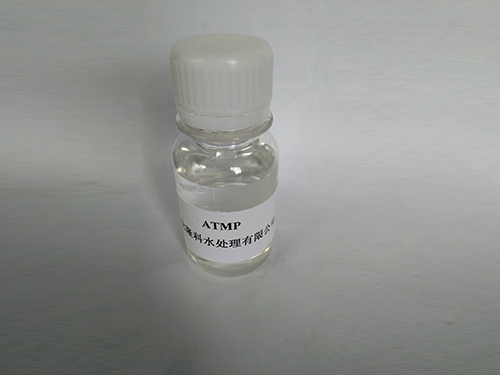cooling tower scale inhibitor
Cooling Tower Scale Inhibitors Protecting Efficiency and Performance
Cooling towers are essential components in many industrial processes, providing temperature regulation and efficient heat exchange. However, one of the significant challenges they face is scaling – the accumulation of mineral deposits that can hinder performance, lead to equipment damage, and increase operational costs. To combat this issue, cooling tower scale inhibitors have emerged as a crucial solution, ensuring smooth operations and extending the lifespan of essential equipment.
Scale formation in cooling towers typically occurs due to the evaporation of water and the subsequent concentration of dissolved minerals, such as calcium, magnesium, and silica. These minerals can crystallize and deposit on the surfaces of cooling tower components, including heat exchangers, fill media, and fans. This scaling not only reduces heat transfer efficiency but also increases the energy requirements of the system, leading to higher operational costs. Moreover, when scaling becomes severe, it can result in equipment malfunctions and costly downtime.
Cooling tower scale inhibitors work by preventing these minerals from forming solid deposits. They are typically formulated using various chemistries, including phosphonates, polyacrylic acids, and various organic compounds. These inhibitors function by either sequestering the minerals in solution, preventing them from crystallizing, or altering the crystal structure to inhibit their adhesion to surfaces. By effectively managing scaling, these inhibitors play a vital role in maintaining the efficiency and reliability of cooling tower operations.
cooling tower scale inhibitor

One of the primary benefits of using scale inhibitors is reduced maintenance costs. By minimizing scale buildup, facilities can extend the intervals between chemical cleaning and maintenance procedures. This not only saves time and resources but also extends the lifespan of cooling tower components, leading to significant savings over time. Furthermore, enhanced heat transfer efficiency translates to lower energy consumption, aligning with sustainability goals and reducing the environmental impact of industrial operations.
Selecting the right scale inhibitor is crucial for optimal performance. Factors such as the specific mineral composition of the water supply, the operating conditions of the cooling tower, and the presence of other treatment chemicals must be considered to ensure compatibility and effectiveness. Regular monitoring and adjustments may also be necessary to adapt to changes in water quality or operating conditions.
In conclusion, cooling tower scale inhibitors are indispensable in industrial cooling systems. They protect against scale formation, improve operational efficiency, and reduce maintenance costs, ultimately contributing to the overall productivity and sustainability of industrial processes. Investing in effective scale management is not only a smart operational choice but also a necessary step toward achieving long-term efficiency and reliability in cooling tower operations.
-
Pbtc Scale InhibitorPBTC: A Scale Protector for Industrial Water TreatmentNewsAug.05,2025
-
Organic Phosphonate: An Efficient Defender in the Field of Scale InhibitionNewsAug.05,2025
-
Hydrolyzed Polymaleic Anhydride: Green Pioneer in Scale Inhibition FieldNewsAug.05,2025
-
PAPEMP Polyamino Polyether Methylene Phosphonic Acid For SaleNewsAug.05,2025
-
Flocculant Water Treatment: A Pioneer in Purification in the Field of Water TreatmentNewsAug.05,2025
-
Benzyl Isothiazolinone: An Efficient and Broad-Spectrum Antibacterial Protective GuardNewsAug.05,2025





